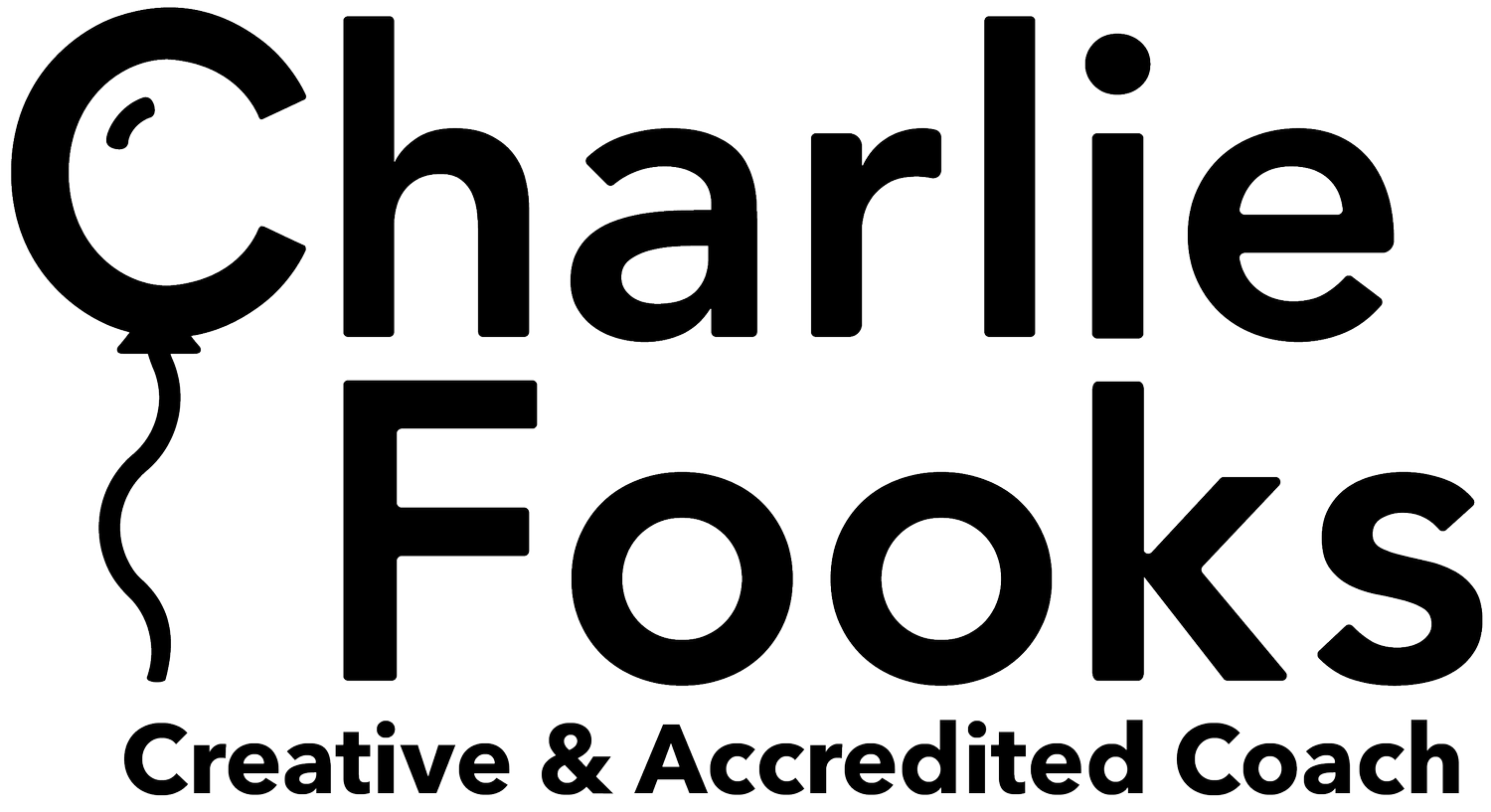Reaction < response
Between the stimulus and the response there’s a space and in that space there’s your power and freedom - Viktor Frankl
A response is a reaction and a reaction is a response. Or are they? Although synonyms, in reality they’re completely different. Responses are slow and considered, while reactions are abrupt and not thought through. Responses ensure we retain control and power, while reacting is all about giving our control and power away. Reactions show up when we feel threatened or triggered. Back in the day we would react to physical threats but today we need to take a look inside to work out what’s at risk. Introspect and consider what’s being jeopardised or endangered. Is it your ego, self-worth, personality, physicality, outlook or something else?
Reactions are completely necessary when there’s a real live threat but in today’s world realistically it ain’t gonna be life or death. So why treat it like that? Recognise that you can simply be in the moment, however uncomfortable or difficult, without reacting to it. Give yourself the chance to let the dust settle and find a better vantage point around what’s going on, rather than rushing to a reaction you could regret afterwards.
) : Reacting
Instinct driven
Operating from subconscious underlying assumptions and beliefs, think of reacting as a quick-fire round in a game show. Fingers on buzzers, when we react we’ll buzz in even before we’ve heard the end of the question. Jumping to conclusions without the necessary time to process means we’re not giving ourself fair opportunity to work out our answer. Too quick off the mark, we’re much less likely to get the answer right and we hand over our power to someone else too.
Tunnel vision
Reactions don’t leave time for the bigger picture. Triggered, on auto-pilot and considering only the immediate moment, when we react we don’t allow ourselves a future forecast. Ask yourself how you will feel about the situation in 5 minutes, 5 hours, 5 days and 5 months from now. Check to see if it’s really worth reacting the way you intend to. Tune into how much of your own peace and happiness is worth sacrificing right here right now, if the situation won’t make any difference to your future anyway.
( : Responding
Be curious
Responding is slow, considered and comes from a place of curious self compassion. No buzzers here, now we’re playing tangible, logical, pragmatic chess. Alright so something out there triggered you. Shit happens. Welcome to the real world. It’s OK to feel this way and it sure is worth understanding why. Step 1: Recognise something has triggered you. Step 2: Be curious, ask what was triggered.
There’s no need to attach to reactive thoughts or to take them too seriously. They’re just thoughts after all. Bringing curiosity to the (chess) table means we’re no longer looking at the situation through a lens of shame or guilt and can see things clearly and unemotionally. Being curious allows us to dig deep and understand what made us want to react in the first place. Once we’ve understood curiously what was triggered, it’s time to get creative.
Bring creativity
Being creative is all about finding solutions. The aim of our game is to avoid reacting so with love and understanding, straight up ask yourself how you can help. “What’s the most productive thing I can do in this moment that will serve me in this situation?” We have full ownership and power over the way we choose to deal with things, so bring empowered awareness to the fact that feeling the way you do is completely remediable, as long as you remain curious, creative and compassionate.
Feel like a winner
Play around with responding rather than reacting and notice how you feel, both in the moment and its aftermath. Allow yourself a pause when necessary to stop and have a think about what you want to say or do. Ask “what matters most in this situation?” or “how can I respond in a productive way?” No personal judgement or scolding necessary, just the simple awareness of what alarm inside you is sounding and what you need to do to turn it off is all you need to know.
I feel you, recognising when to take a moment mid-game-play can be a challenge, so tune into when an interaction is starting to go askew. Before things are heated or tense, you’re already conscious of a situation that has the potential to trigger you. Now you have the power to construct what you want to say and how you want to say it, by slowly responding, rather than simply letting all hell break loose and feeling silly for it later. Bee-line for curious and creative playfulness, even in the most tense situations. You’ll be surprised how incredibly this serves both you and your fellow gamer. Bonus points, you’ll feel like a winner too.






